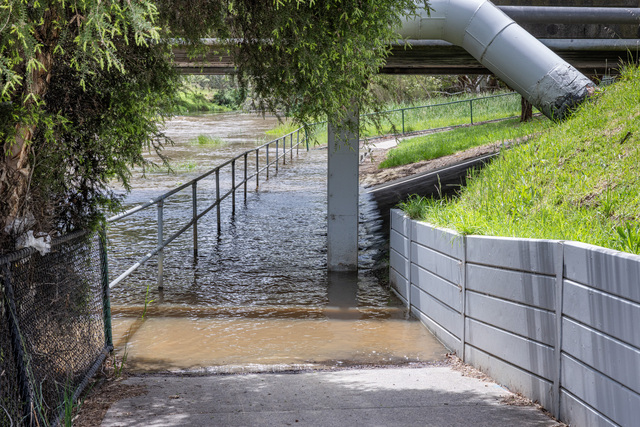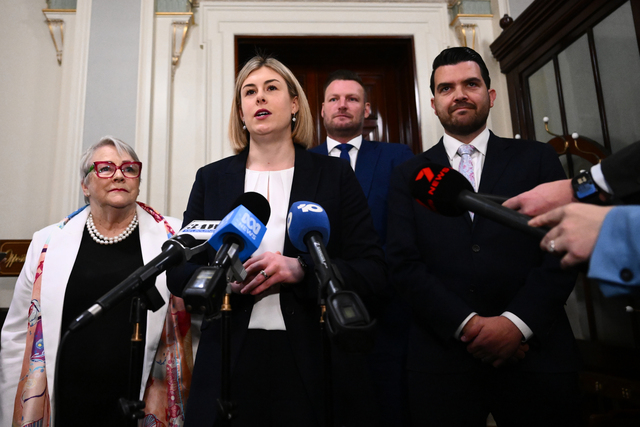By Cam Lucadou-Wells
Victoria’s crime wave has likely engulfed about half of its residents over the past year, says Victims of Crime Commissioner Greg Davies.
There were 333,911 victim’s crime reports in Victoria in the 12-month period ending in March 2017.
When you conservatively multiply that tenfold to include the rippling effect on the victim’s family, colleagues, friends and neighbours – there’s an impact on three million people, Mr Davies said.
Amazingly, about 1000 rang the little-known Victims of Crime hotline in the wake of the recent Bourke Street Mall incident in which six people were killed, he said.
Mr Davies, installed as the state’s first victims of crime commissioner in 2014, says there’s a dawning recognition about victims of crime and their ongoing woe.
“I don’t know if the tipping point has been reached yet, but we’re much closer to it.
“People would sit and watch the TV news and go ‘Tut, tut, tut, poor bugger’.
“Now people are saying we’ve had enough of this.”
Often victims tell him they cop a life sentence while the offender spends a few months in jail.
Much like Berwick resident ‘Anne’ who recently told Star News of her family’s ongoing suffering after her daughter was brain-injured during a brutal bashing.
“Why is it that the ruination and destruction of their life and the removal of what their life could have been is worth just a couple of months of (the offender’s) time,” Mr Davies said.
“It’s very hard on people – who through no fault of their own – become dependent on family and friends for whatever lifestyle they are left with.”
He says it’s time to work out acceptable reasons for an offender to argue down a sentence. For example, is the use of ice – a crime in itself – a reasonable excuse?
Can a broken home be used as a unique excuse when a half of children live with a single parent?
“If we accept their crime on the basis they’ve come from a broken home we need to prepare for a tidal wave.
“I came from a broken home. It didn’t trigger in my mind to break into people’s homes or cars.
“In this day and age with the law-and-order issues confronting us, we need to think seriously about what is a sensible submission for sentencing.”
As a former Victoria Police officer and Police Association secretary, Mr Davies recalls numerous victims that roused his empathy, but received little help in the criminal justice system.
Unfortunately, back in the 1970s and 1980s, police would bounce between 25 callouts and paperwork in an eight-hour shift.
There was often not enough time to offer victims more than a phone number for the Victims Of Crime Assistance Tribunal.
“I don’t know if there were such things as counsellors for victims (in those days),” Mr Davies said.
The overall picture for victims of crime has improved since then. Victims have a louder voice, but many are not treated well in the criminal justice system and the trial process, he says.
“They sit there and look around the courtroom. Everyone there is paid for by their taxes – the judge, the judge’s associate, the jury, the prosecution and the Legal-Aid funded defence …
“And they’re sitting there with no one there to represent them and no voice.”
If called as a witness, the victim is often the harshest treated on the stand as defence teams try to demolish their credibility.
Even their victim impact statements have to be approved by all parties and may be changed before it is read out in court.
There’s a victims charter to protect their rights in the criminal justice system, but there are no penalties to enforce it. It’s an “aspirational document” only, Mr Davies says.
When victims phone Mr Davies’ office for help, they’re “not screaming for blood” or “out for personal gain”.
“It’s so that someone else doesn’t have to go through the same as them.”

















